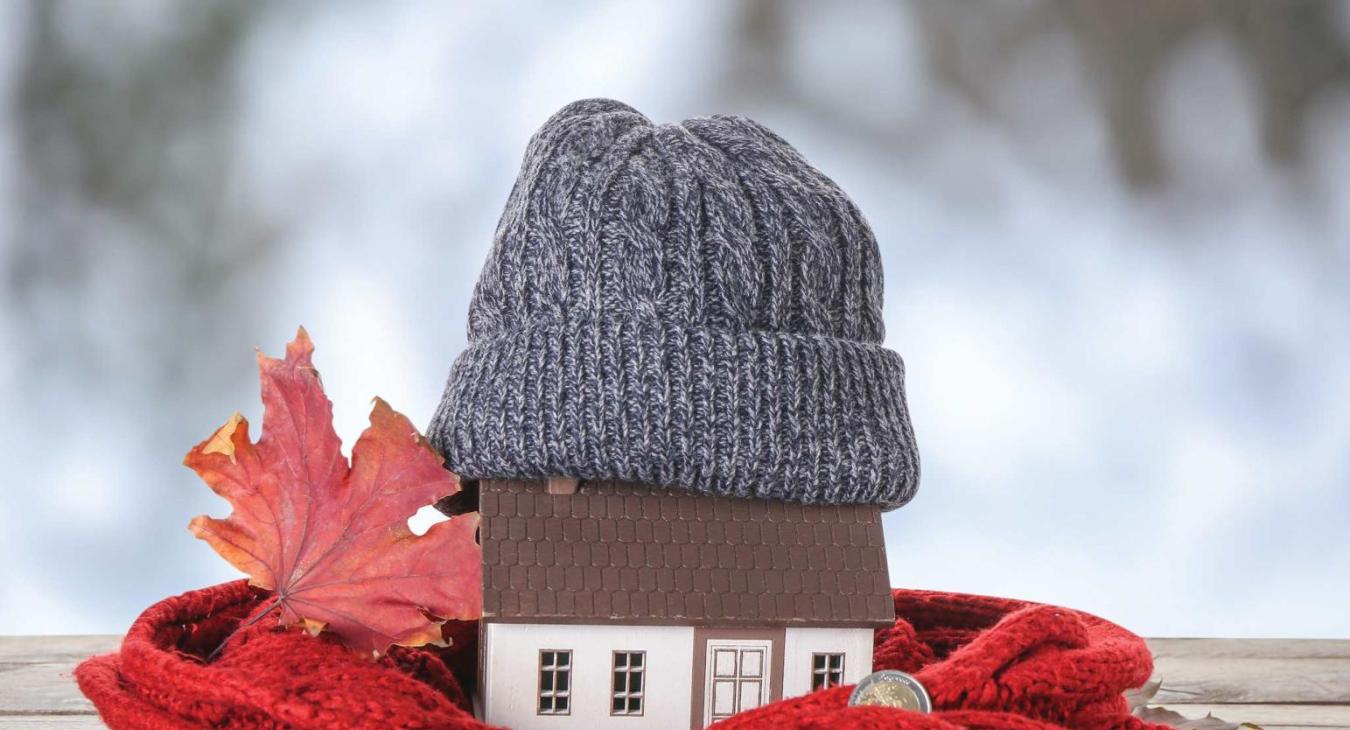Preparing your home for winter involves several key steps to ensure safety, efficiency and warmth. Here are tips to help you prepare before the temperatures drop, and a few ways to stay safe if a power outage leaves you snowbound.
Inspect your heating system
- Have your heating system professionally serviced.
- Replace air filters if needed.
- Ensure vents and radiators are unblocked for efficient heat distribution.
Prepare pipes and water supply
- Insulate exposed pipes to prevent freezing.
- Drain and shut off outdoor faucets and irrigation systems.
- Know the location of your water shut-off valve in case of emergencies.
Maintain smoke and carbon monoxide detectors
- Replace batteries in smoke and carbon monoxide detectors.
- Test detectors to ensure they are functioning properly.
Prepare your home’s exterior
- Clear gutters and downspouts of leaves and debris to prevent ice dams.
- Trim trees and bushes away from the house to prevent damage from heavy snow.
- Ensure downspouts extend away from your home’s foundation.
- Drain and store garden hoses to prevent freezing.
- Service and store outdoor equipment such as lawnmowers and trimmers.
- Gather winter tools such as snow shovels and ice melt.
Increase home energy efficiency
- Seal gaps and cracks around windows and doors with weatherstripping or caulk.
- Set ceiling fans to rotate clockwise to circulate warm air.
- Lower your thermostat a few degrees to save on heating costs.
Stock emergency supplies
At home, have enough nonperishable food and water for 72 hours in case of power outages or severe weather. Experts suggest storing one gallon of water per person per day.
Include these essentials in your emergency kit:
- First-aid kit
- Flashlights and batteries
- Warm clothing
- Blankets
- Phone chargers and backup charger sources
Gather important documents, medical supplies/medicines and medical records. Don’t forget your pets. Make sure you have enough supplies for them as well.
What to do if the power goes out
Winter weather is unpredictable, with high winds, whiteouts and ice storms. These conditions can cause hazardous roads and power outages.
If the electricity goes out due to a winter storm, you might be in for a prolonged power outage as crews work through the harsh weather to get the power back on.
If this happens, contact your electrical utility as soon as you can so they know you have lost power.
Other actions you can take to stay safe
- Avoid travel. Stay inside and dress warmly in layered clothing.
- Place a draft block at the bottom of doors to minimize cold drafts from entering the house.
- When using an alternative heat source, follow operating instructions and be sure to ventilate properly.
- Keep grills, camp stoves and generators out of the house, basement and garage.
- Use a tarp and portable canopy when using a portable generator if conditions are damp or wet.
- Move fuel-powered generators at least 20 feet away from the house.
- Keep a close eye on the temperature in your home. Infants and people over the age of 65 are often more susceptible to the cold. You may want to stay with friends or relatives or go to a shelter if you cannot keep your home warm.
For more information on keeping your family safe during and after a winter storm, visit SafeElectricity.org.

